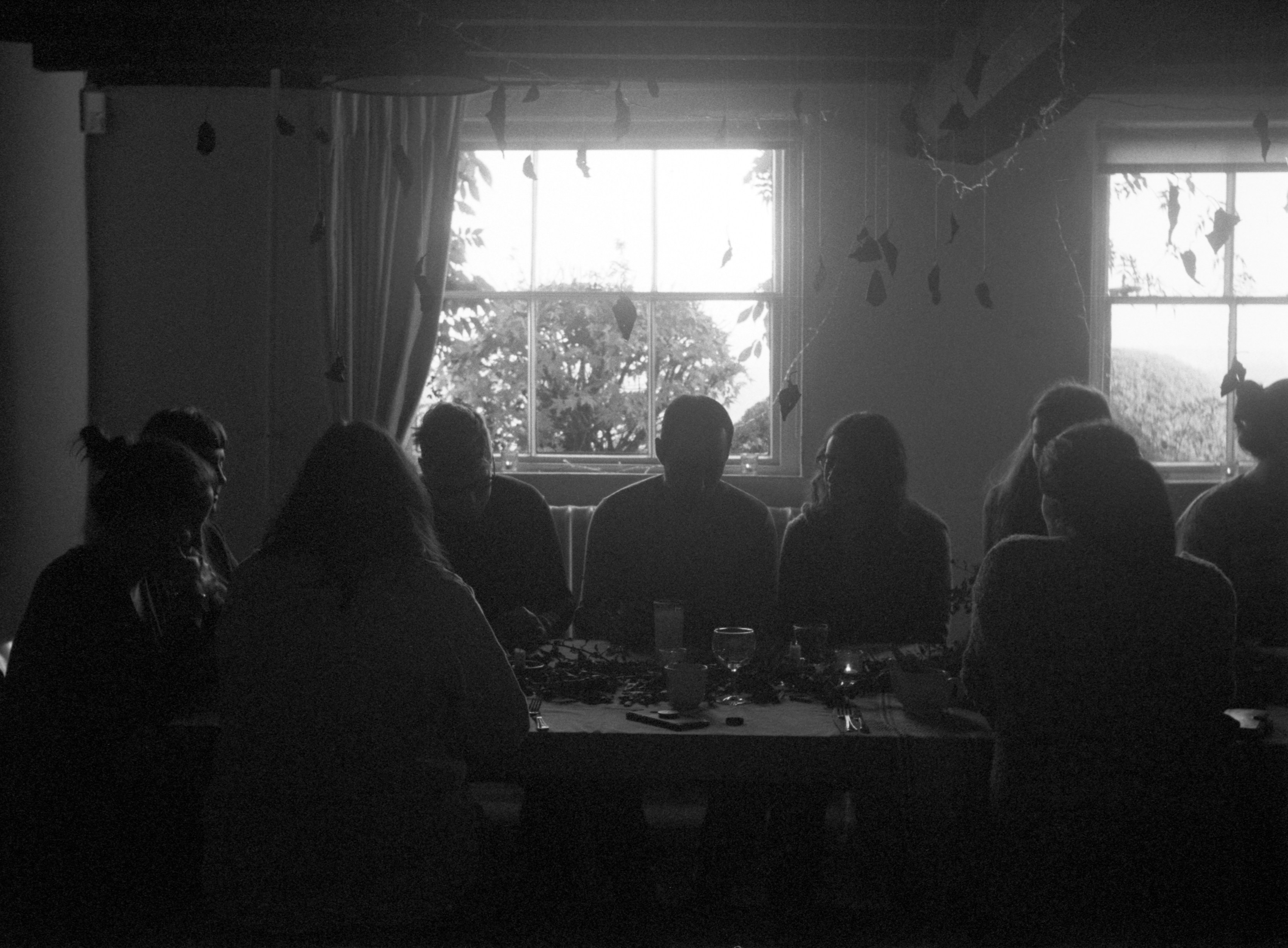Regardless of how much we plan our lives, we all find ourselves facing trying times sooner or later. There’s simply no way around it. Even the best planners can’t be completely ready for a natural disaster, or a sudden illness, or an accident, or financial ruin. Not that any of us would wish these events on anyone, but we still need to be aware that they are a part of life. The question is not whether we will encounter disaster over the course of our lives. The question is only how we will handle it when it comes knocking.
Whether you’re religious or not, it’s a good idea to have a robust spiritual community that can support you in your times of need. This may mean close friends and relatives, it may mean a psychotherapist or counselor, and it may mean a priest, rabbi, imam, or any other religious leader with who you feel comfortable. We are not islands; we need other people to help us endure the hardship and celebrate the joyous moments. To that end, if you are connected to a religious tradition it’s a good idea to find a corresponding community that will stand by you through the good and the bad.
Do some research about local religious events.

There are so many churches and other religious institutions out there that you may not even know where to begin looking for the right one for you. Maybe you were raised in a Baptist church, but the one nearby is a Seventh Day Adventist community. Or maybe you’re more connected to an Episcopalian tradition but are interested in the philosophies of a Unitarian church. It can all get a little bit confusing.
The good news is that you can do some research, have some conversations, and make an informed decision on something that works for you. Religious leaders tend to be very open to speaking with potential congregants, and you should be able to set up meetings with local pastors, clerics, or priests with very little trouble. If you just want to sit in on a church event to see if it feels like the right atmosphere, check out local church bulletins for information about events that may be of interest to you. After all, you’ll want to know if the community feels welcoming or not.
Find like-minded groups to join.

Sometimes you may want advice about how to handle a particular situation, but you don’t have quite the right friends to turn to. For example, if you’re looking for advice for planning a family when you’re older you might be concerned that your friends may be judgmental or misunderstand your motives for having a child. You also might just not have friends with useful expertise on the topic.
Many local religious institutions host group sessions for people who are facing similar situations. Whether that’s a TTC (trying to conceive) support group, mommy and me classes, Alcoholics Anonymous, or any other group that may be of use to you, take a look online at what your local church is offering. It may help to talk things through with someone, or a group of people, with a similar spiritual outlook.
Consider therapy as an option for support.
Religious leaders can provide a great deal of support to their followers, but sometimes it’s time to call in someone who has expertise in the human psyche. Contrary to many stigmas surrounding mental health treatment, a psychotherapist or psychiatrist can actually do a great deal of good for someone who is struggling or going through a hard time. Even your priest or minister will likely tell you to call a therapist or counselor if they believe that the situation is dire.
You may be nervous or unsure of what to expect during your first therapy session, and that’s completely natural. It can be nerve-racking to open up to a stranger about your traumas, or grief, or desires, or secrets. Remember, you can take it as slowly as you’d like. Also, the first therapist you work with may not be the right fit. You may go to a few different sessions before you feel like you’ve found a person who you can work with. What’s important is to take the first step towards healing.
Reach out to those in need.

Sometimes, following the Golden Rule is a great way to feel better about the crises you may be facing. By doing for others as you would want them to do for you in your time of need you’re opening yourself up to human connections. Plus, you’re helping out others in need. By setting that example you’re sure to feel better and to make someone else feel better as well. It’s a win-win situation.
For example, you could join a program that writes letters to incarcerated people. You may not know this, but people in jail love reading letters. Many incarcerated individuals face a great deal of isolation; some may be hundreds of miles from their family members, making it nearly impossible to receive visitors. Others may be estranged from loved ones due to the circumstance of their arrest and conviction. Regardless of how the incarcerated person has ended up all alone, receiving some kind words from another person can breathe life and hope back into their lives. By reaching out to a person in jail you may find the connection you didn’t know you needed, and you’ll be giving another person the gift of friendship. There is truly no greater gift you can give.
Understanding that, eventually, hardship visits us all can be a hard pilot swallow. Nevertheless, it’s a truth we must bear. Instead of burying your head in the sand and hoping you never need to call upon a religious or spiritual community to keep you afloat during the hard times, act now. Find a person or a group of people who you can feel a connection to, reach out to a spiritual or religious leader who you can trust, and consider finding therapy to work through underlying issues standing in your way. You won’t regret it.
